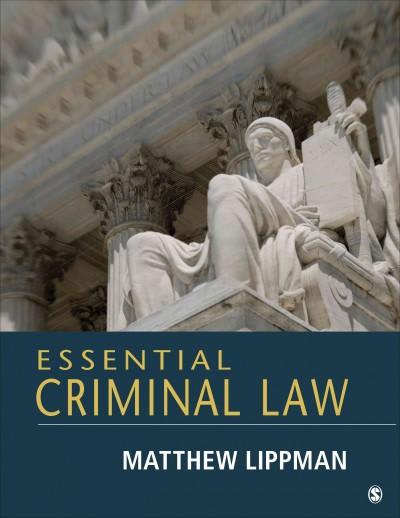Question
1.Consider an economy with two consumers, two public goods, one ordinary good, one implicit production function, and a fixed supply of one primary factor that
1.Consider an economy with two consumers, two public goods, one ordinary good, one implicit production function, and a fixed supply of one primary factor that does not enter the consumer's utility functions. Determine the first-order conditions for a Pareto-optimal allocation. In particular, what combination of RCSs must equal the RPT for the two public goods?
2.Assume that the cost functions of two firms producing the same commodity are C1 = 2 + C2 = 3 + Determine the output levels of the firms on the assumption that each equates its private MC to a fixed market price of 240. Determine their output levels on the assumption that each equates its social MC to the market price.
3.Determine taxes and subsidies that will lead the firms described in Exercise 36 to their Paretooptimal output levels but leave their profits unchanged. What is the size of the social dividend secured by this change in allocation?
4.Assume that there are two consumers and two commodities. Let the utility functions be U1 = q11q12 and U2 = q21q22 with q11 + q21 =q1 and q12 + q22 = q2. Show that Scitovsky contours are given by q1q2 = ( + ) 2
5.A consumer's consumption-utility function for a two-period horizon is U = . ; his income stream is y1 = 1000, y2 = 648; and the market rate of interest is 0.08. Determine values for c1 and c2 that maximize his utility. Is he a borrower or lender?
6.Discuss the external economic constraints that might limit the future of businesses in your country.
7.(a) Explain, giving examples the following terms: (i) Opportunity Cost (ii) Social Costs
(b) Discuss whether businesses should continue to manufacture products from the factory that pollutes the local environment.
8.Discuss the possible advantages and disadvantages to a shoe manufacturing company; taking over another shoe manufacturing firm.
9.(a) Explain any three elements of the business external environment.
(b) Discuss how technology change might affect u businesses in your country
10. Explain the advantages and disadvantages of being a small business in a clothing industry.
Step by Step Solution
There are 3 Steps involved in it
Step: 1

Get Instant Access to Expert-Tailored Solutions
See step-by-step solutions with expert insights and AI powered tools for academic success
Step: 2

Step: 3

Ace Your Homework with AI
Get the answers you need in no time with our AI-driven, step-by-step assistance
Get Started


